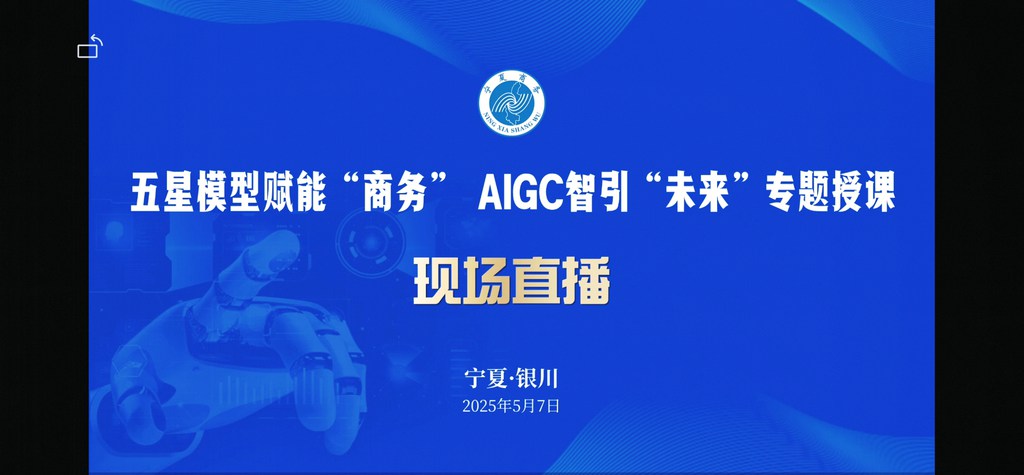

发布时间:2025-05-23源自:融质(上海)科技有限公司作者:融质科技编辑部

The Impact of AI on Education
In recent years, artificial intelligence (AI) has emerged as a transformative force across various industries, and education is no exception. The integration of AI into educational systems is revolutionizing the way students learn, teachers teach, and institutions operate. From personalized learning experiences to automated administrative tasks, AI is reshaping the future of education in ways that were once unimaginable.
One of the most significant impacts of AI on education is its ability to personalize learning. Traditional classroom settings often follow a one-size-fits-all approach, which may not cater to the diverse needs and learning paces of individual students. AI-powered tools, however, can analyze vast amounts of data to identify each student’s strengths, weaknesses, and learning preferences. This enables educators to tailor lesson plans and resources to suit individual needs, ensuring that every student receives the support they require to succeed. For instance, adaptive learning platforms like Khan Academy and Duolingo use AI algorithms to provide customized learning paths, making education more accessible and effective for students of all levels.
Another area where AI is making a profound impact is in automating administrative tasks. Schools and universities often spend significant time and resources on repetitive tasks such as grading, attendance tracking, and scheduling. AI tools can automate these processes, freeing up teachers and administrators to focus on more critical aspects of education, such as curriculum development and student engagement. For example, automated grading systems powered by AI can quickly assess student assignments, provide instant feedback, and even identify common mistakes to help teachers address them in future lessons.
Moreover, AI is redefining the role of teachers in the classroom. With the help of AI, educators can shift their focus from delivering lectures to fostering critical thinking, creativity, and collaboration. AI tools can handle routine tasks, such as lesson planning and resource preparation, allowing teachers to spend more time interacting with students and addressing their unique needs. This shift not only enhances the quality of education but also empowers teachers to become facilitators of learning rather than mere knowledge dispensers.
The rise of AI-powered educational tools has also made learning more accessible to people around the world. Online learning platforms, such as Coursera and edX, leverage AI to offer courses tailored to individual learners’ goals and schedules. These platforms provide flexible learning opportunities, breaking down geographical and financial barriers that traditionally limited access to quality education. Additionally, AI-driven language learning apps like Babbel and Rosetta Stone have made it easier for people to acquire new languages at their own pace, further democratizing education.
Despite its numerous benefits, the integration of AI into education is not without challenges. Issues such as data privacy, algorithmic bias, and the digital divide must be addressed to ensure that AI technologies are used responsibly and equitably. For instance, the collection and use of student data raise concerns about privacy and security, which must be carefully managed to protect learners’ information. Additionally, there is a need for ongoing teacher training to help educators adapt to the changing educational landscape and effectively utilize AI tools in their classrooms.
In conclusion, AI is undeniably transforming the field of education, offering unprecedented opportunities for personalization, efficiency, and accessibility. As technology continues to evolve, the potential of AI to enhance learning experiences and improve educational outcomes is immense. However, it is crucial to approach this transformation thoughtfully, ensuring that AI is used as a tool to support, rather than replace, the human elements of education. By addressing the challenges and embracing the possibilities, we can create a future where AI empowers both students and educators to thrive in an ever-changing world.
欢迎分享转载→ https://www.shrzkj.com.cn/qiyeaigc/26397.html
Copyright © 2025 融质(上海)科技有限公司 All Rights Reserved.沪ICP备2024065424号-2XML地图